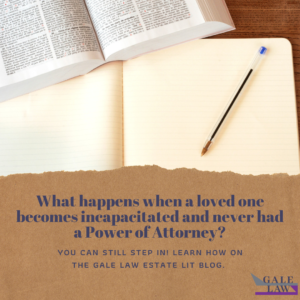
My Common Law Spouse Died – Now What?
The concept of marriage has evolved significantly throughout existing generations. Fewer people now feel that commitment must be showcased through those two simple words: “I Do”. One thing that is for certain, however: a marriage is a legal contract, and with this contract comes certain obligations, including the requirement to provide for your spouse upon death. More specifically, if your married spouse died without a will, the Ontario Succession Law Reform Act (SLRA) dictates that you are guaranteed a preferential share of your spouse’s estate, which is now set at $200,000.
Unfortunately, this isn’t the case for common law spouses. A common law spouse does not fall within the definition of a “spouse” under the SLRA. This comes as a surprise to many, given that more individuals are opting not to get married.
So, what happens if your common law spouse dies? Are you entitled to anything?
The short answer is – it depends. If your common law spouse drafted a will naming you as a beneficiary, then the answer is likely yes! You will receive an inheritance as directed by your spouse in their will as long as the document is valid.
But what if your common law spouse never drafted a will, or what if they didn’t leave you with adequate support? This is where things become tricky. Unlike a married spouse, the common law spouse does not have automatic property rights and will not naturally inherit their partner’s property. Fortunately, there are legal solutions to this issue.
One solution, the most utilized route, is for the surviving spouse to file what is called a dependant’s support claim with the court. In order to succeed with your Application to the court, you will have to demonstrate to the judge that (1) you were dependant, and (2) that your partner did not adequately provide for you after they passed away.
Adequate support can come in many forms, including a lump sum payment, periodic payments, title to properties, or a combination of such options. In reaching a decision, the court will consider many things, including, but not limited, to:
- Your current assets and means;
- What assets and means you may have in the future;
- Your capacity to contribute to your own support;
- Your age and physical/mental health;
- Your needs;
- The proximity and duration of your relationship with your partner;
- The length of time of cohabitation;
- Any contributions you may have made to the deceased’s welfare;
- Whether your partner has the legal obligation to provide for another dependant;
- The circumstances of your partner at the time of death and any agreement between yourself and your partner.
Remember the law evolves as slow as a snail, and it does not provide bulletproof protection for common law spouses. It is important you understand the difference between married and common law.
It is important you contact a lawyer to better understand your rights.
Gabriela Caracas is an Associate at Fogler, Rubinoff LLP who practices litigation and is growing her practice in estate litigation.


